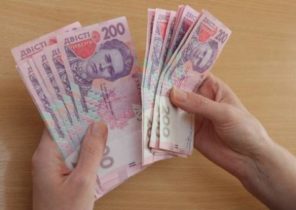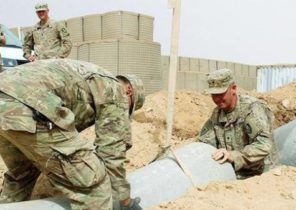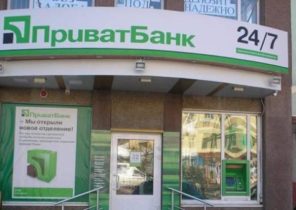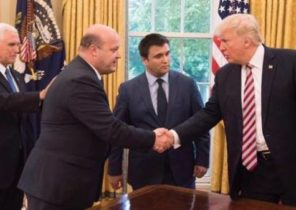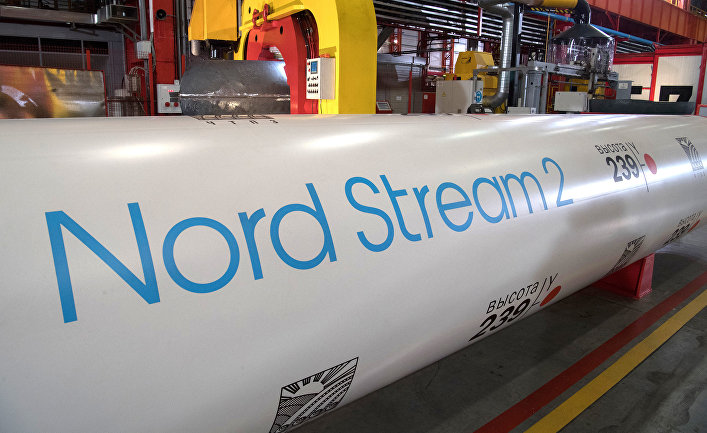
BiznesAlert. pl: Can you break out of the Russian-Ukrainian gas crisis?
Cards Shimon (Szymon Kardaś): Given the current situation, we can say that the gas crisis in the triangle Russia — EU — Ukraine is not predetermined, but the risk that it could erupt, compared with previous years has increased. First, the volume of gas reserves in Ukrainian underground storages at the beginning of this heating season was less than in previous years. Maintaining a sufficient amount of reserves necessary in order to maintain the pressure in the Ukrainian gas system, which allows you to provide a secure supply of raw materials to recipients in the EU. At the same time, it should be noted that we do not know precisely what level of fullness can be called bordering risk. The Russian side for many years argued that the minimum level is 20-21 billion cubic meters, but this was not confirmed in previous years when the volume of reserves in storage facilities before the heating season amounted to 16-17 billion cubic meters. Second, sound unfavorable forecasts indicate that this winter may be much more frosty than the last. As a result, Ukraine may increase gas demand, although perhaps the Ukrainians will be able to provide a stable supply of coal. Thirdly, the Russian side took in the negotiations with Ukraine a strong stand, refusing to conclude a special agreement on terms similar to those used in the so-called Winter packages in 2014 and 2015.
— Clear up the future of the project “Northern stream-2”?
It seems that the Russian side and European partners are determined to bring this project to life. The project still has strong political support from countries, companies which participate in this enterprise. The European Commission is on the “Nord stream-2” passive position, and no signals that in the near future the situation will change. On the one hand, this is understandable: the Commission has no authority to block the creation of new infrastructure. In addition there are a number of controversial issues whether to evaluate the entire project, especially its marine part, through the prism of compliance with European legislation (this confirms the informal internal legal opinion of the European Commission for the project, the content of which in early 2016 published media). On the other hand, since the project is contrary to the basic purposes and mechanisms of cooperation in the framework emerging from this work of joint energy policy, many countries-members of the EU expect from the Commission a strong reaction. A chance will appear, if a strong political position to take in relation to the draft European Council (this is required, in particular, some Scandinavian countries). However, given the divergence of views on the Russian projects, such reaction is unlikely to follow.
With regard to financial issues, from the statements of Gazprom should be that the company will try to attract external financing with loans. This process is probably difficult, not only because of the existing sanctions on Russia (Gazprom in the sanctions list, though, no, but as against Russia imposed limitations, his access to capital is limited), but also because of doubts in the real lobbying capabilities of the European partners of the Russian concern in this area.
— What do you think, will the Ukrainians and poles to block Gazprom access to OPAL pipeline capacities?
— It is difficult to predict because we still don’t know how formal details concerning the actual claims and content of the contested decision. We could see only published a few weeks ago, a four-page agreement between Gazprom, the Russian company “Gazprom export”, the German regulator and the operator of the OPAL pipeline, which takes into account the comments contained in European Commission decision of 28 October. The party that disputes the decision, not having direct relation to it, must prove that its consequences directly affect her. So much will depend on how clearly formulated claims (appearing in the press reports contain only General words of actions), and what arguments were used and will use the appellants claim. Legal processes play a huge role details without knowing them, to evaluate and make predictions impossible.
— You will strengthen Gazprom its position in Europe?
— Preliminary figures for 2016 show that the volume of deliveries of Gazprom on the European market increased (according to the Russian Minister of energy Alexander Novak, the volume of Russian gas exports as a whole will grow in 2016 by approximately 5.2%, that is to increase to 202.3 per billion cubic meters). At the same time it should be noted that the gas that Gazprom supplies formally or company “Gazprom export” is not only the raw materials that is physically exported from Russia, but also the gas that is bought on the European market and re-exported within the framework of the contractual obligations of the Russian company. Positive from the point of view of Gazprom, the data certainly use a as the argument in favor of the construction of new gas pipelines from Russia to Europe (especially the “Nord stream-2”, and the second of the “Turkish stream” is the second pipeline with a capacity of 15.75 billion cubic meters, intended for supply to the European market). We can not exclude that a positive for the Russian company trend in the following years will continue. So, it is likely that Russian gas, delivered at competitive prices, will keep the European market its stable share of 30%.
However, despite the active efforts of European countries to diversify sources of supply and the lack of prospects for growth in gas consumption in Europe seems to be that the expectations of Gazprom, which he said in 2013, did not materialize. It was then discussed that by 2020, the volume of demand for Russian gas will increase by 80 billion cubic meters, and by 2030 — 200 billion cubic meters.
— How you consider, whether we learn in the next year antitrust investigation?
— The results of the investigation, in principle, is already known: this phase is made up of the so-called written Statement of objections (“Statement of objections”), promulgated on 22 April 2015. We have now moved into the next phase of the process, which should be completed by the administrative decision of the European Commission. That it will appear in 2017, it is likely.
At the same time, given the marked with both parties willingness to compromise, and it seems quite likely that the European Commission will publish a so-called Decision commitment (“commitment decision”). Gazprom promised to send before Christmas the final list of those obligations which he is ready to take on the allegations of the European Commission. If she approves the text (the learning process can stretch for months), then the decision will give them legal force, and Gazprom will have to adjust its trade policy. Such a development is profitable for the Russian company because it will be able to avoid the penalty. If the Commission does not approve the proposal commitments, that is, if the parties cannot come to an agreement, then the procedure will end with the emergence of so-called Decisions on violation of the Antimonopoly law (Prohibition decision). In this case, Gazprom will have to pay a lot of money, and all collected in the investigation materials disclosed.

